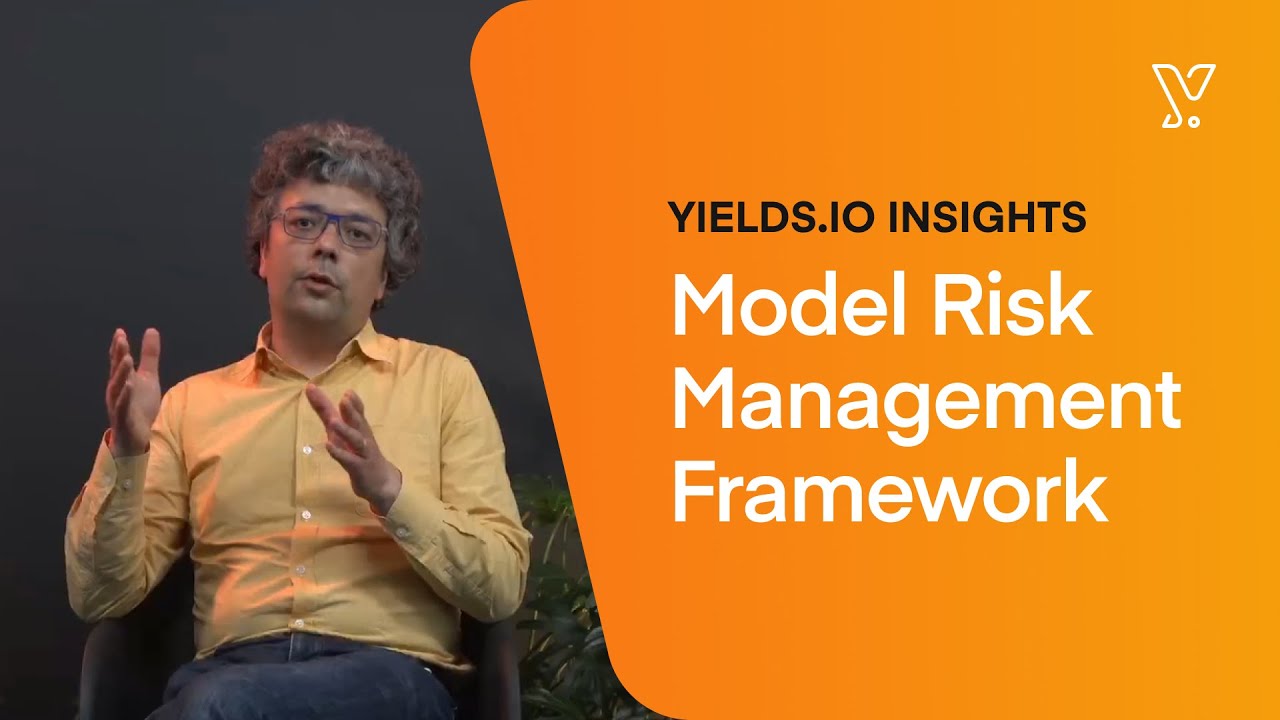
This article will discuss the job description, education, and salary for project managers. There are other important details that you should consider, in addition to the salary. For those who are interested in Project Management, a degree is a good option. The benefits of this career path are many, and it's one of the fastest growing. Continue reading !... for more information. and Happy Career Hunting!
Job description
A career as a project manager requires strategic awareness, the ability understand and connect customers' needs with the company’s future vision, and the ability lead cross-functional and external vendors. Project managers will have to manage the business and influence the strategy of the company and ensure that stakeholders are on board. You'll also need to produce measurable results. As a product visionary, a project manager must make sure that time and resources are consistent with the company's strategic vision.

As a project manger, you may be able to work in the insurance industry, healthcare industry, or marketing industry. A project manager can work for large or small companies and must manage teams that complete projects within budget and timeframes. A project manager must be well versed in project management best practices, be able to thrive under pressure, and have a logical mindset.
Salary
As a project manger, there are many benefits to your career. Project managers manage and oversee a variety of projects. They are responsible for ensuring that projects are completed on schedule and within budget. The salary of a manager of projects can vary depending on where they work, but the job description in most cases is similar. A project manager may want to be considered for an executive post or start a company.
Depending on the industry they work in, project managers could also rise to higher-ranking executive positions. Many high-level positions require project management experience. Executives need to have strong business acumen as well as experience leading teams. An MBA in this field can help you develop these skills and increase your income. However, the salary of a career as a project manager can be very high. But, depending on your experience and the field, project managers may earn a different salary.
Education required
You will manage the entire project as a manager. A project manager does not necessarily have to be an expert in all areas, but he or she must be proficient in managing different aspects of a project. This career path can be chosen by new graduates as well as experienced professionals who have a lot of experience in their area. This career path requires at least a bachelor's in education.

An undergraduate degree in business is an option for project managers who want to get started in their careers. This will equip you with the necessary knowledge and experience to manage a successful project. For those who are interested in project management in a larger scale, a graduate diploma may be necessary. You will be able assume high-level leadership positions and take on responsibilities for large-scale projects.
FAQ
How can we create a culture of success in our company?
A successful company culture is one that makes people feel valued and respected.
It's founded on three principal principles:
-
Everybody has something to offer.
-
People are treated fairly
-
Respect is shared between individuals and groups
These values reflect in how people behave. They will treat others with consideration and courtesy.
They will be respectful of the opinions of other people.
And they will encourage others to share ideas and feelings.
In addition, the company culture encourages open communication and collaboration.
People can freely express their opinions without fear or reprisal.
They understand that mistakes can be forgiven as long as they're dealt with honestly.
The company culture promotes honesty, integrity, and fairness.
Everyone is aware that truth must be told.
Everyone knows that there are rules and regulations that apply to them.
Nobody expects to be treated differently or given favors.
What's the difference between Six Sigma and TQM?
The major difference between the two tools for quality management is that six Sigma focuses on eliminating defect while total quality control (TQM), on improving processes and decreasing costs.
Six Sigma stands for continuous improvement. This method emphasizes eliminating defects using statistical methods such p-charts, control charts, and Pareto analysis.
This method seeks to decrease variation in product output. This is achieved by identifying and addressing the root causes of problems.
Total Quality Management involves monitoring and measuring every aspect of the organization. It also includes the training of employees to improve performance.
It is frequently used as an approach to increasing productivity.
How does Six Sigma function?
Six Sigma uses statistical analyses to locate problems, measure them, analyze root cause, fix problems and learn from the experience.
The first step is to identify the problem.
Next, data will be collected and analyzed to determine trends and patterns.
The problem can then be fixed by taking corrective measures.
Finally, data is reanalyzed to determine whether the problem has been eliminated.
This cycle continues until the problem is solved.
Statistics
- This field is expected to grow about 7% by 2028, a bit faster than the national average for job growth. (wgu.edu)
- As of 2020, personal bankers or tellers make an average of $32,620 per year, according to the BLS. (wgu.edu)
- Our program is 100% engineered for your success. (online.uc.edu)
- Your choice in Step 5 may very likely be the same or similar to the alternative you placed at the top of your list at the end of Step 4. (umassd.edu)
- The BLS says that financial services jobs like banking are expected to grow 4% by 2030, about as fast as the national average. (wgu.edu)
External Links
How To
How can you implement Quality Management Plan (QMP).
QMP (Quality Management Plan) is a system to improve products and services by implementing continuous improvement. It focuses on the ability to measure, analyze and control processes and customer satisfaction.
The QMP is a standard method used to ensure good business performance. The QMP aims to improve the process of production, service delivery, and customer relationship. QMPs should encompass all three components - Products and Services, as well as Processes. A "Process" QMP is one that only includes one aspect. If the QMP is focused on a product/service, it's called a QMP. If the QMP focuses on Customer Relationships, it's called a "Product" QMP.
When implementing a QMP, there are two main elements: Scope and Strategy. These elements are as follows:
Scope: This determines the scope and duration of the QMP. This scope can be used to determine activities for the first six-months of implementation of a QMP in your company.
Strategy: This is the description of the steps taken to achieve goals.
A typical QMP has five phases: Planning (Design, Development), Implementation (Implementation), and Maintenance. The following describes each phase.
Planning: This stage identifies and prioritizes the QMP's objectives. To get to know the expectations and requirements, all stakeholders are consulted. The next step is to create the strategy for achieving those objectives.
Design: In this stage, the design team designs the vision and mission, strategies, as well as the tactics that will be required to successfully implement the QMP. These strategies can be implemented through the creation of detailed plans.
Development: This is where the development team works to build the capabilities and resources necessary for the successful implementation of the QMP.
Implementation: This involves the actual implementation of the QMP using the planned strategies.
Maintenance: This is an ongoing procedure to keep the QMP in good condition over time.
Several additional items should be added to the QMP.
Stakeholder Involvement: Stakeholders are important for the success of the QMP. They should actively be involved during the planning and development, implementation, maintenance, and design stages of QMP.
Project Initiation: It is essential to have a clear understanding about the problem and the solution before you can initiate a project. The initiator must know the reason they are doing something and the expected outcome.
Time frame: The QMP's timeframe is critical. For a short time, you can start with the simple version of the QMP. If you're looking to implement the QMP over a longer period of time, you may need more detailed versions.
Cost Estimation. Cost estimation is another crucial component of QMP. You can't plan without knowing how much money it will cost. Therefore, cost estimation is essential before starting the QMP.
QMPs are not only a document, but also a living document. This is the most important aspect of QMPs. It can change as the company grows or changes. It should be reviewed regularly to ensure that it meets current needs.